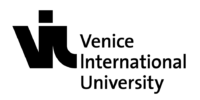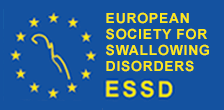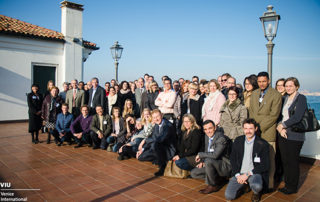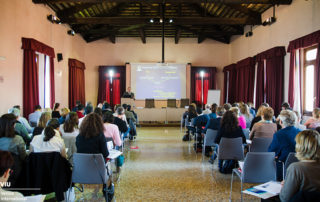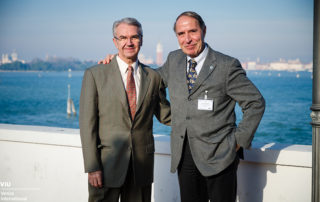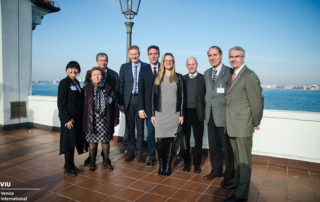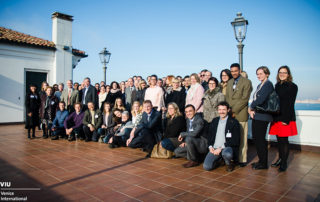
This event has passed.
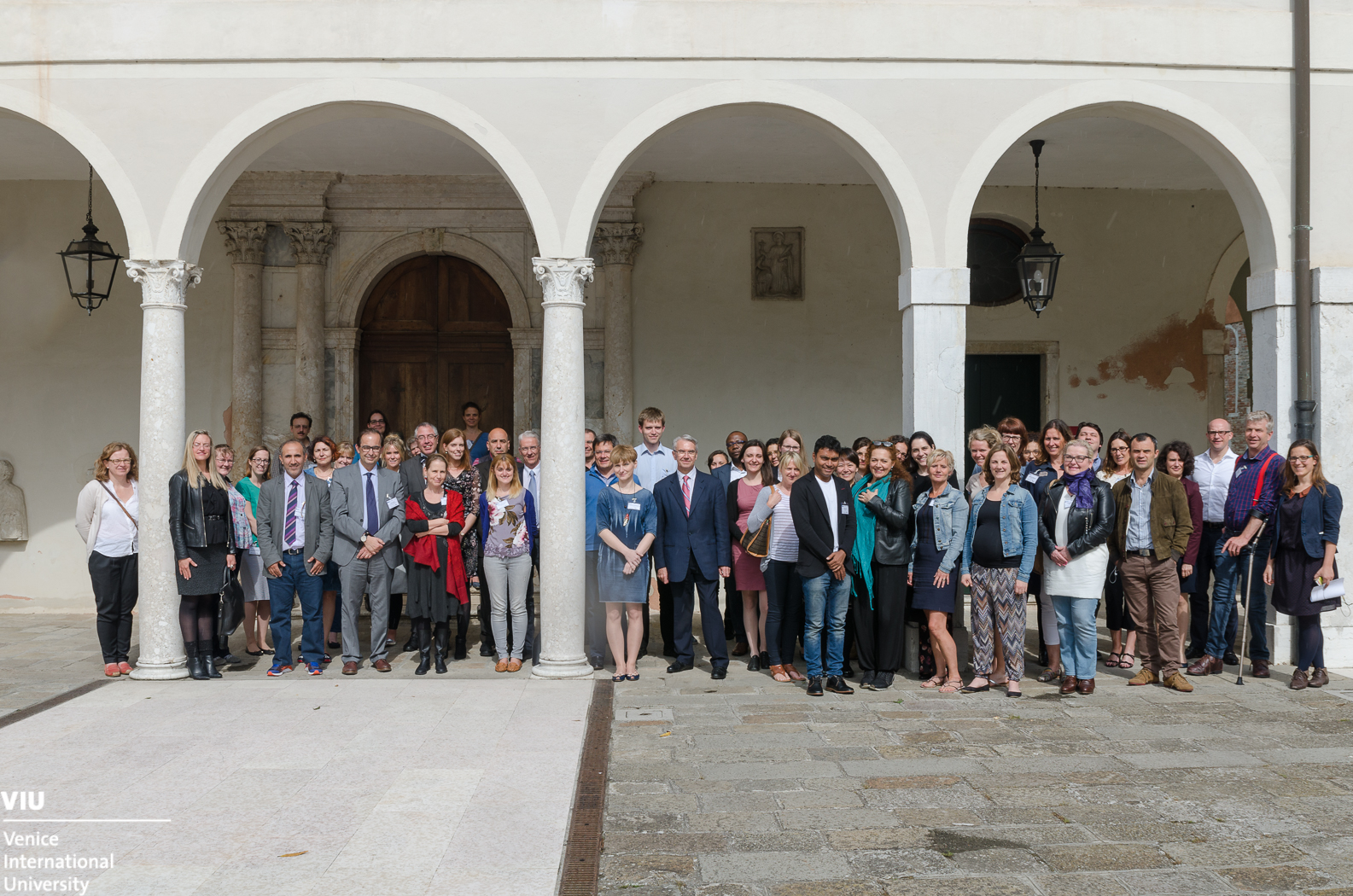
Second course: effective care of older patients with swallowing difficulties
May 18, 2016 @ 8:00 am - May 20, 2016 @ 1:00 pm
This Course is organized by the European Interdisciplinary Council on Ageing (EICA), with collaboration of the European Society for Swallowing Disorders (ESSD) and the European Union Geriatric Medicine Society (EUGMS). Nestlé Health Science has partnered to enable training of 40-50 clinicians, who we rely on your markets to nominate.
Number of Attendees: max 50



